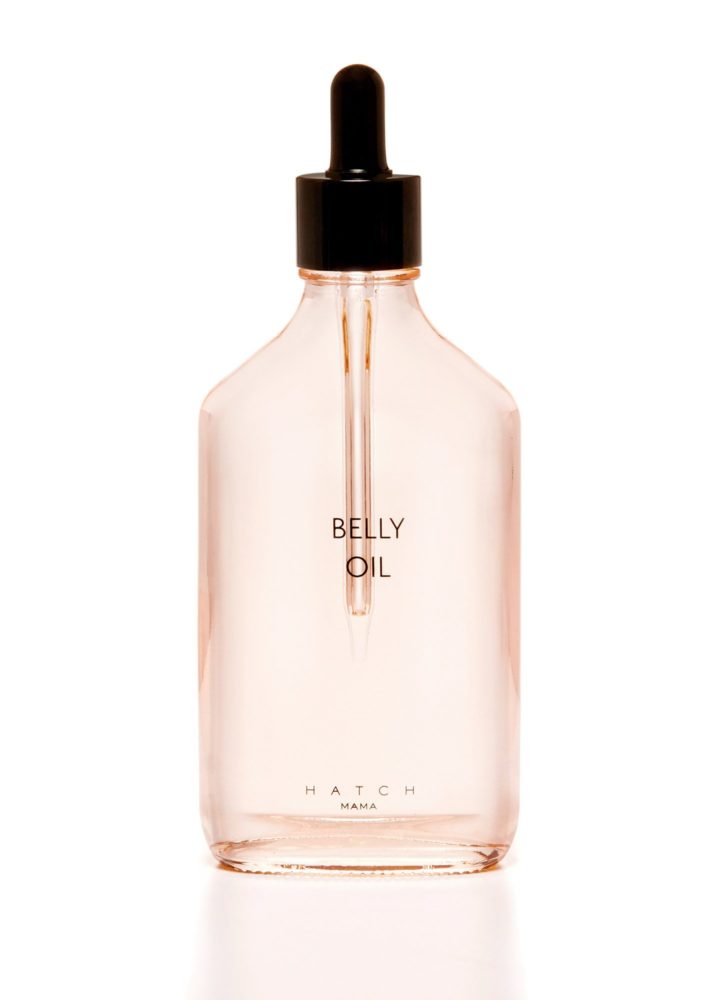Childbirth classes, doctors appointments, shopping, nursery decorating — if you’re expecting, the to-do list can seem endless when it comes to preparations for babe. Plus, with pregnancy brain totally a thing, not to mention feeling ALL the feels at all hours of the day, it can be hard to remember literally anything on your to-do list, let alone the whole list.
HATCH has everything you need to feel ready for your little one, organized into a complete trimester-by-trimester pregnancy checklist. Because when baby arrives, the last thing you want to do is make another to-do list.
First Trimester
Congratulations! It’s so exciting to learn that you are carrying a tiny human inside of you, and you should take much of the first trimester to sit back, relax, and celebrate your stunning new baby bump.
There are a few things you should start to think about as the first trimester progresses. It’s to prepare for your pregnancy, including choosing a doctor to support you through the process, including prenatal vitamins. Then, source your besties about what maternity outfits to add to your wardrobe and complain to everyone about those feisty cases of morning sickness.
Choose Your Prenatal Provider
Your prenatal provider is the person who will support and care for you throughout your pregnancy, not to mention the one who will deliver your little one. That’s a lot of responsibility, right? This is why it’s so important to decide early on in your pregnancy which care provider is the perfect fit for you.
When it comes to prenatal providers, you have several different options: an obstetrician-gynecologist (OB-GYN), a family provider, or a midwife. In addition, you may choose to also have a doula to support you in your prenatal care journey and during the birth.
OB-GYN or Family Care Provider
An obstetrician-gynecologist (OB-GYN) is a doctor who specializes in reproductive health, whether it’s preconception, pregnancy, delivery, or postpartum. Sometimes, your primary care physician can also provide prenatal care and perform vaginal deliveries. However, an OB-GYN has more specific info for you, including guiding women through higher-risk pregnancies.
Midwife
If you have a low-risk pregnancy and want to incorporate a more holistic care approach, you might consider choosing a midwife. Midwives train in prenatal care that incorporates physical, mental, and emotional well-being into their care and birth plans.
At the same time, midwives still follow the same medical guidelines as OB-GYNs do when it comes to labs and screenings. Note that the type of midwife influences what they can and cannot do.
Doula
If you want to bridge the gap even more between the medical and the personal side of your pregnancy journey and birth plan, then you can bring in a doula as a part of your prenatal care team. A doula doesn’t have the medical training of an OB-GYN, family care provider, or midwife.
Instead, a doula is there for all your emotional and personal needs before, during, and after the birthing process. Think of a doula like your emotional support therapist, yoga instructor, and meditation guide, all in one.
The Practical Points
Obviously, you should think about some practicalities when choosing the right prenatal care provider for you — do they take your health insurance, or will your insurance cover your provider if you choose a midwife?
If you are going to see an OB-GYN or a midwife, do you live near the office or birthing center (you’ll be going there a bunch!)? If you choose a doula, how often will they come to your home, or do they prefer to meet elsewhere?
Just as important as these logistical details is whether you vibe well and connect with your prenatal care provider. If you’re not on the same wavelength regarding your birth plan, health needs, communication styles, or outlook on pregnancy, then chances are they are not a good fit for you.
First Prenatal Checkup
Once you’ve decided on a prenatal care provider, it’s time to schedule your first checkup or meeting.
At your checkups during the first trimester, your doctor will likely run some prenatal tests and screenings, including an ultrasound, basic blood work, and genetic screening tests. These screenings and tests can help determine whether you will have a healthy pregnancy or whether there may be complications or other risk factors.
Your prenatal care provider will also likely check to ensure you are up to date on all your vaccines, including the flu shot and the Tdap vaccine.
Prenatal Vitamins
Pregnancy supplements are important both for you and the little one growing inside of you. A prenatal vitamin with folic acid is usually a top recommendation. Folic acid can play a major role in healthy infant development.
Maternity Clothes
Even though your glamorous baby bump might not be coming into fashion play yet, your pants are probably already getting tighter, right?
Now would be a good time to check out some comfy yet flattering and stylish maternity pants, such as our favorite maternity leggings.
Second Trimester
More Maternity Clothes
Now that you’re in your second trimester, it may be time to expand your maternity fashion sense even more (although every mom-to-be is different, and you may not need maternity clothes until later, which is totally okay).
Check out our maternity clothing buyers guide for all the latest trends and fashion tips when it comes to that perfect preggo outfit, down to the best bras and underwear, and up to the best accessories and shoes that flatter your unique body shape.
Sign Up for a Childbirth Class
Let’s be real: whether it’s from your prenatal care provider, from the internet, from your friends, from your family, from that random mom who passed by you on the street, people want to give you their take on pregnancy and the birthing process. A childbirth class is a great way to synthesize the loads of information you’re probably getting.
A childbirth class will help you understand the basics and can also be a great way to bond with your partner. The class can also be an excellent way to meet other expecting single or partnered moms-to-be and to develop a support network outside your own family.
You can even do birthing classes online so that you can still connect with other people but stay in the comfort of your own home.
Baby Shower Planning
As you get further along in your second trimester, you may want to start thinking about when to have a baby shower. Planning around your due date, figure out who you want to host the shower and whether you want them to plan it all or you want to help decide the details.
You should also consider the guest list and whether you want to know your baby’s biological sex or keep it a surprise. This will help inform what types of gifts people bring.
Gift Registry
Now that you’ve started to plan for your baby shower, it’s time to set up a baby registry so that people know what gifts to bring you.
Make a list of the items you absolutely need for your little one. Then, you can add a category for items you might not need but definitely want. Try putting a bit of both on your registry so that you get some necessity gifts sprinkled in with some fun, decorative, and even pampering selections.
Find a Pediatrician
Toward the end of your second trimester, start researching options for pediatricians. You can also ask your friends and support network, especially if you have ladies in your friend group who really like their pediatrician (that way, you know it’s someone you can trust).
Get tested for gestational diabetes: You’ll be tested for gestational diabetes via a glucose challenge screening sometime between your 24th week and 28th week.
Prenatal Care Appointments
Early on in the second trimester, your prenatal care provider may suggest more genetic screenings. Additionally, between approximately 24 and 28 weeks, most mothers test again for gestational diabetes.
At this time, you should also think about what you want your birth plan to look like and make sure you discuss your vision with your prenatal care provider and doula.
Third Trimester
You are so close. Welcome to the home stretch — your last moments before you meet your new little one!
Here are a few last-minute items to make sure you accomplish before baby arrives:
- Prep your home for baby’s grand entrance: gather all the supplies baby needs
- Make sure your car has an infant car seat
- Have strollers on hand by your door
- Arrange your maternity leave at work
- Pack your hospital bag
- Sign up for a breastfeeding class, if you do plan to breastfeed
- Look into childcare options and call around (some daycares may have huge waitlists)
Steps To Prep
Remember: no matter how long or short your to-do list is in your third trimester, you absolutely don’t have to finish it all before babe arrives. It’s a myth that you need to have every single item and piece of supplies ready before your due date. You are going to totally rock it as a new mom regardless of whether you remembered to pick up that stroller you had on backorder from your favorite store or not.
So sit back, relax, and be proud of all you accomplished from your pregnancy checklist. And revel in the fact that you are so valid and should definitely pass the list on to someone else now that you are a new mama-to-be. You have other things on your to-do list now!
Sources:







